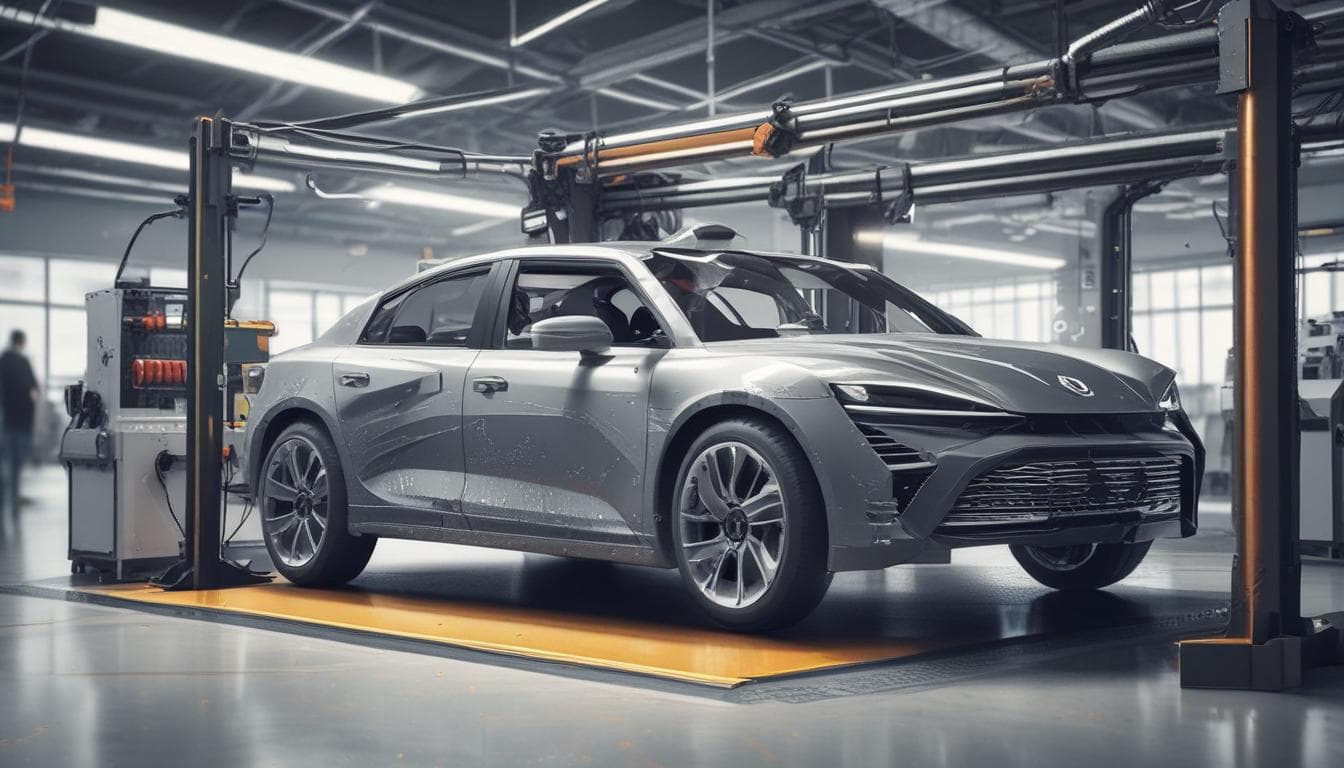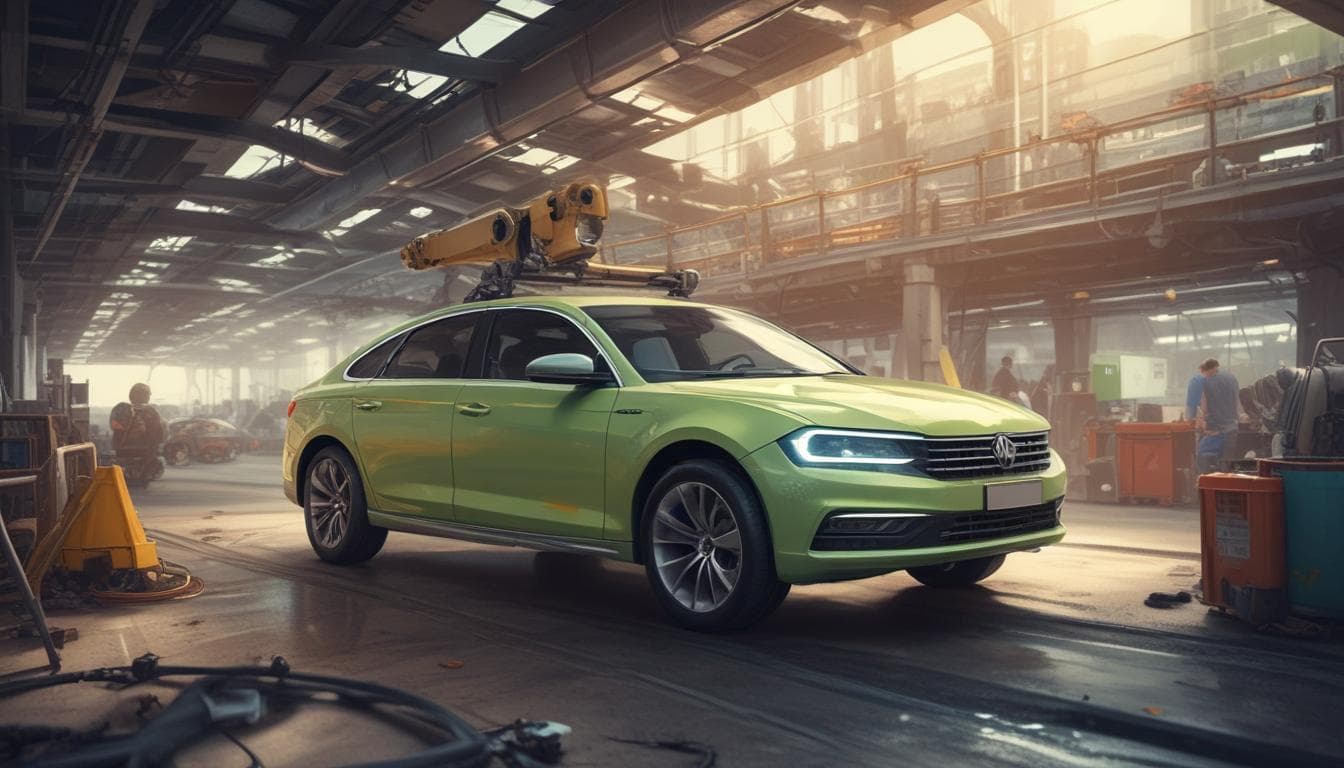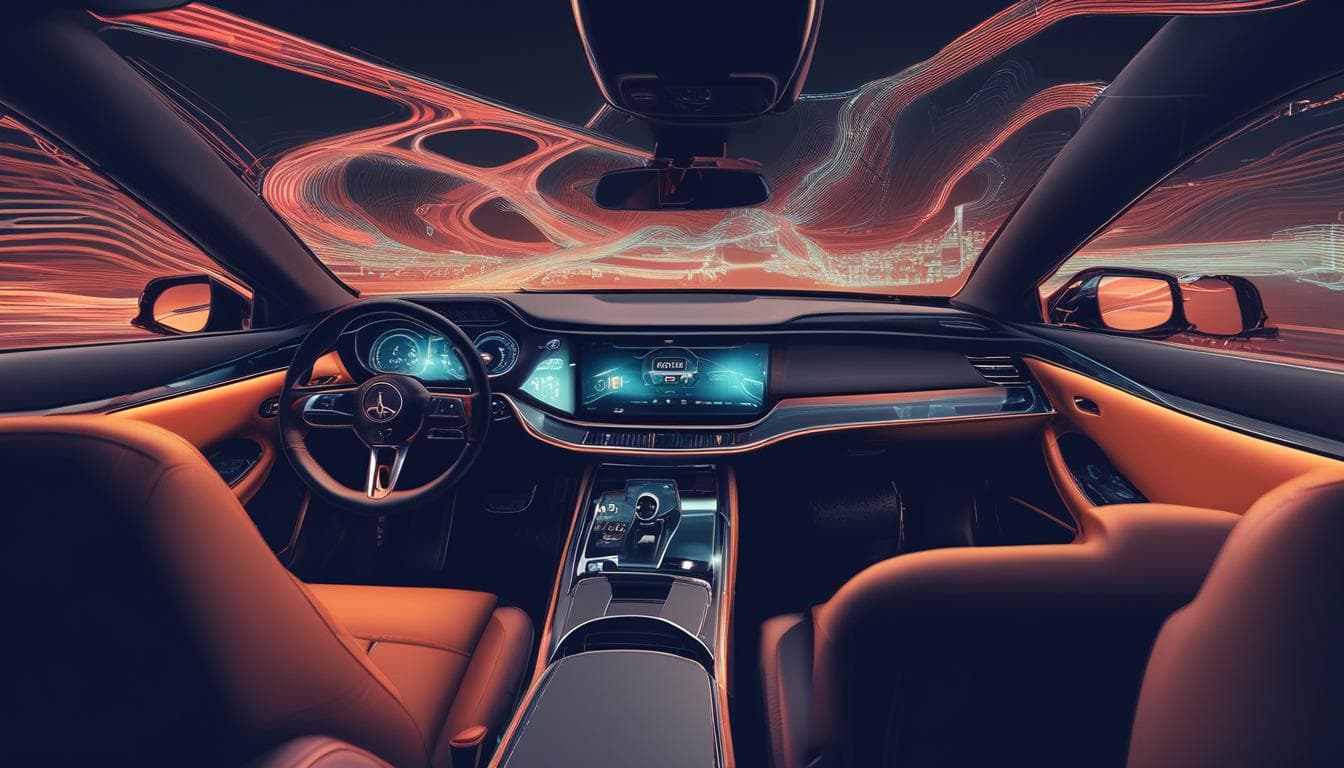如果汽车可以根据你的实时情绪状态自动调整驾驶模式,例如舒适、运动或节能,你认为这会带来哪些好处和潜在风险?又该如何确保这种情绪感知驾驶技术的安全性,避免误判带来的危险?
你好 @carartist,这是一个非常有趣的问题!汽车根据实时情绪自动调整驾驶模式,想想都觉得很酷炫。我认为这会带来很多好处,但也存在一些潜在风险。
好处:
- 提升驾驶体验: 想象一下,在疲惫的通勤途中,车辆自动切换到舒适模式,轻柔的驾驶让你放松身心;而在充满活力的周末,运动模式则能让你享受驾驶乐趣。这将极大地提升驾驶体验,减少驾驶疲劳。
- 增强安全性: 如果系统检测到驾驶员情绪激动或注意力不集中,它可以自动调整驾驶模式,例如降低速度或增强警报系统,从而降低事故风险。
- 提高燃油效率: 在驾驶员情绪较为平静的时候,系统可以自动切换到节能模式,从而优化燃油消耗。
潜在风险:
- 情绪识别误判: 情绪识别技术并非完美无缺,误判可能会导致驾驶模式切换不当,造成安全隐患。例如,系统将平静误判为疲劳,而切换到舒适模式,反而降低了对危险的反应速度。
- 隐私担忧: 系统需要持续收集驾驶员的情绪数据,这可能会引发隐私担忧。
- 技术依赖: 过度依赖情绪感知驾驶技术,可能会降低驾驶员自身的警觉性,反而增加风险。
如何确保安全性?
- 多重安全机制: 除了情绪识别系统,还需要结合其他传感器和技术,例如车道偏离预警、盲点监测等,来确保驾驶安全。
- 数据加密和隐私保护: 必须采取严格的数据加密和隐私保护措施,确保驾驶员数据的安全和隐私。
- 用户可控性: 驾驶员应该能够随时手动关闭或调整情绪感知驾驶功能,拥有对车辆的完全控制权。
- 持续改进算法: 需要持续改进情绪识别算法,降低误判率,提高准确性。
总的来说,情绪感知驾驶技术具有巨大的潜力,但同时也面临着诸多挑战。为了确保其安全性和可靠性,需要在技术研发、数据安全和用户体验方面投入更多精力。 我们可以参考一些关于汽车行业未来趋势的分析,例如这篇关于按需定制汽车引领行业未来新趋势的文章,从中或许能找到一些启发。 这需要一个多学科的合作,包括人工智能、心理学、汽车工程等领域的专家共同努力。 期待未来能看到更安全、更智能的情绪感知驾驶技术问世!
Explore More on This Topic
Join the Conversation
- How Will the Rise of EVs Impact the Car Maintenance Industry?
The increasing popularity of electric vehicles raises questions about the future of traditional car maintenance. This discussion explores the potential impact on mechanics, the need for new specializations, the changing costs of vehicle upkeep, and the emergence of new business models in the automotive repair sector.
- The Future of Road Trips: AI-Powered Itineraries vs. Spontaneity
Explore the evolving landscape of road trips in the age of AI. Will curated itineraries replace spontaneous adventures, or will there be a balance? Discuss the potential impact of AI on the driver and passenger experience.
- The Future of Automotive Artistry: Will AI Drive Design or Compete With It?
Explore the future of automotive artistry in the age of AI. Will AI become a collaborative tool for car designers, a new medium for artistic expression, or a competitor creating its own automotive aesthetics? Join the discussion and share your vision.





